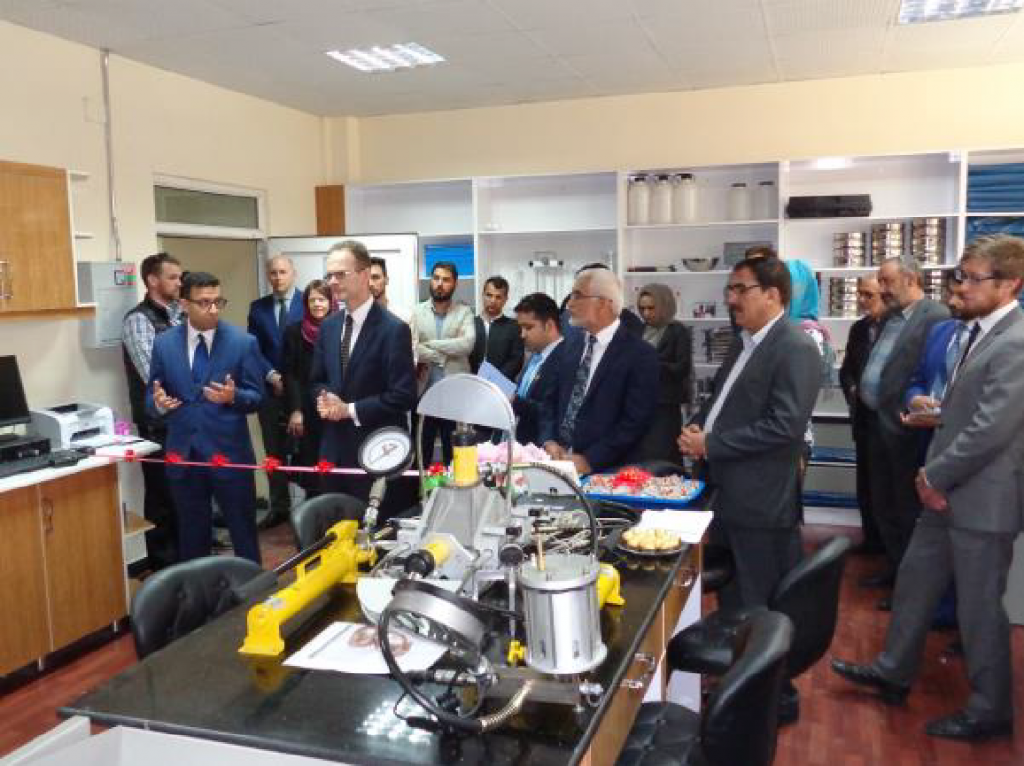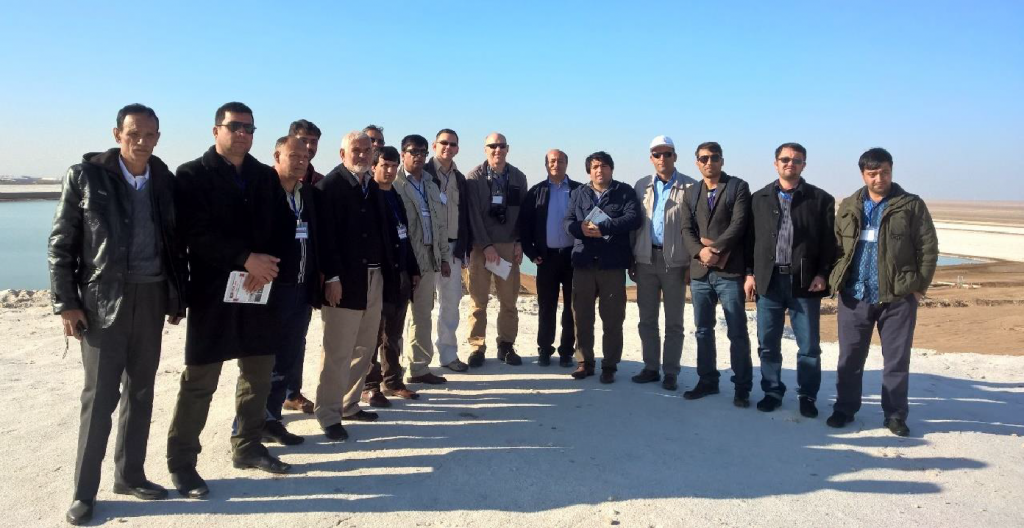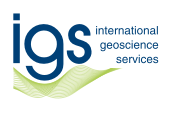Our work in Afghanistan (2014 – 2017)
IGS, trading under licence at the time as BGS International (BGSI), were contracted by the UK’s Department for International Development (DFID) in 2014 to undertake capacity building work at the Afghan Geological Survey (AGS) and the Ministry of Mines and Petroleum (MoMP). Our work formed part of a £10.3M funding programme termed the Extractive Sector Support Programme (ESSP), a four-year programme running from 2013-17.
IGS (operating as BGSI) managed three projects in Afghanistan under ESSP.
- Establishment of a construction materials testing laboratory at the AGS
- Mining environmental geology
- Minerals (later including Petroleum) promotion at the MoMP
Construction materials testing laboratory
The construction materials testing laboratory was set up in a formerly unoccupied room at the AGS and equipped with state-of-the-art testing equipment. Five AGS staff members were trained to use the equipment and also undertook additional training at commercial laboratories in Kabul whilst waiting for the equipment to arrive.
The laboratory was officially opened by H.E. Ambassador to Afghanistan, Dominic Jermey, and H.E. Deputy Minister Sadaat of the MoMP. The event was also attended by other senior Ministry and AGS personnel as well as local and international media.
The purpose of the laboratory was to enable the AGS to undertake routine analysis of construction materials such as limestone, sandstone and marble, to determine their physical properties. This would help to ensure that material is used for the most appropriate specification.
The laboratory could undertake commercial analysis of material to support the services of other companies in Kabul which do not have their own laboratories.

Mining Environmental Geology
One of the functions of the AGS is to understand and monitor mining activities within Afghanistan, particularly regarding the effect these operations have on the environment. IGS staff worked with the AGS Environmental Geology Department, the National Environmental Protection Agency (NEPA), the AGS Laboratories and the AGS Geohazard team during this project. Staff were educated and informed of the ways that modern mines operate and the potential environmental hazards and sources of pollution from these activities.
The training was classroom based, due to security concerns about operating outside of Kabul. A two-week Mining Environmental field trip to Iran was arranged towards the end of the training to expose trainees to modern mines and allow staff to discuss environmental practices with mine personnel.
New equipment was also provided to the AGS to enable them to undertake a variety of environmental tasks, including monitoring of air, water and soil samples.

Minerals (and Petroleum) promotion
This project aimed to strengthen the capabilities of the MoMP by helping staff to understand the factors which investors are interested in when entering a market. In addition to courses focussing on the value chain for different minerals, training was also provided in petroleum geology, investment promotion, and presentation skills. These skills were practiced when counterparts presented at the 5th Hindu Kush Geosciences Conference in Kabul, which was also attended by the Minister of Mines and Petroleum.
In addition to counterpart training, staff worked closely with senior MoMP personnel to develop and refine proposed strategy and policy documentation.
IGS staff represented the MoMP at two major international mining and exploration conferences in Toronto, the Prospector’s and Developer’s Association of Canada (PDAC), where literature was distributed to potential investors in Afghanistan’s minerals sector.
The IGS project in Afghanistan provided invaluable opportunities for AGS and MoMP staff to enhance their understanding and knowledge. Our staff provided expert technical assistance to senior MoMP and AGS personnel, as well as equipment and training to enable counterparts to undertake analyses on a variety of materials. Whilst the project operated in often challenging conditions, the outcomes of our work, and that of the ESSP, helped the AGS and MoMP improve their understanding of complex mineral resources issues.


